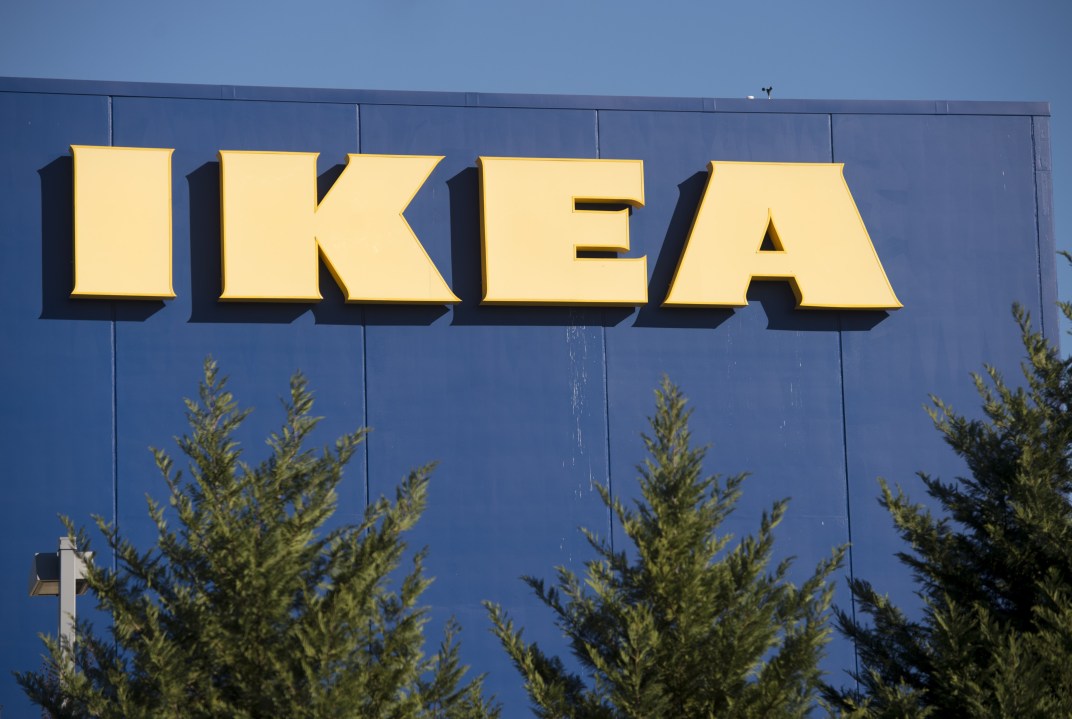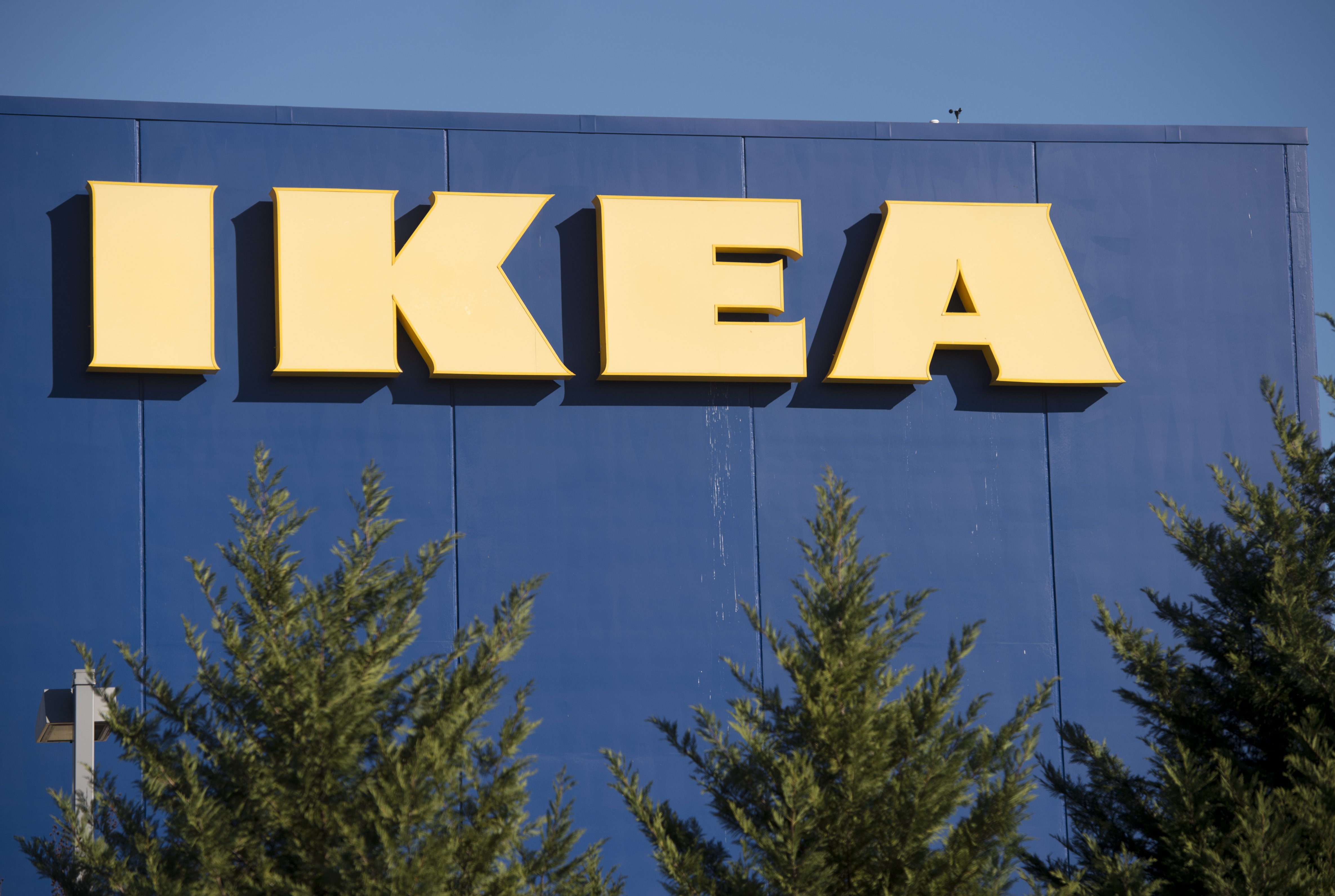Retail empires, like the political and military kind, are tragedies. They grow from modest beginnings, pushing all others aside until they reach their apogee when all competitors seem to have been vanquished. Then they collapse from within. The only difference is that instead of leaving us magnificent cathedrals and palaces they leave us enormous tin sheds. For the past 20 years Ikea has carried all before it. Positioning itself as a mass-market Habitat, at MFI prices, it has all but extinguished the market for traditional furnishings and antiques, which now are sold for peanuts by increasingly desperate auctioneers. In 2005, 4000 people turned up when the Swedish chain opened its new store in Edmonton. Police were called and one man stabbed, so desperate were the residents of North London to get their paws on the latest incarnation of Billy the Bookcase.
The thought that Ikea may have left its Augustus period behind, though, occurred to me when I heard its head of sustainability, Steve Howard, tell a Guardian conference today that the world has reached ‘peak home furnishings’. The consumer society is evolving into a new kind of market which involves the repair and reuse of products.
How they lapped it up at the Guardian; the idea that people are turning away from consumerism. But just try telling that to the staff at Sally Bourne Interiors in Muswell Hill. Before Christmas they decorated their window with some logs, painted in bright colours at each end. They were so over-run by requests that they are now selling them for £10 each.
Evidently, there are still some folk desperate to buy the latest fashionable consumer good although maybe not from Ikea. It is not so much ‘Peak Home Furnishings’ the retail world is experiencing as ‘Peak Ikea’. Mr Howard, rather improbably, thinks that the chain can reach its target of doubling sales by 2020 through a new circular Ikea where you can repair and recycle products. But why would we need Ikea’s tin sheds for that? Hasn’t he heard of eBay or Freecycle? More likely Ikea will halve its sales by 2020 as fashion moves on from its bright-painted, nursery image. It is like Tesco, hopelessly tethered to a retail model based on vast stores, when mass-market-shopping is going online.
Ikea will no doubt pour scorn on this, of course. But they should take it seriously. In 2008, when Tesco seemed impregnable, I forecast its downfall in The Spectator, my reasoning being that its domination of the best sites, achieved through skilled use of the planning system, had blinded itself to the fact that increasing numbers of people hated the place and would move swiftly on when in inevitably more attractive competition emerged. That is where Ikea is now.








Comments